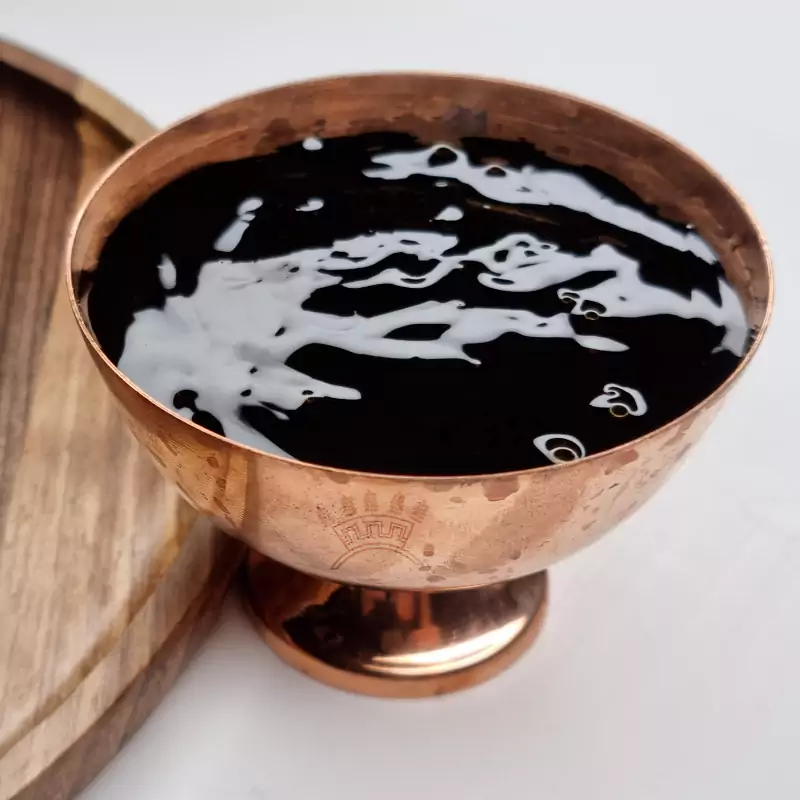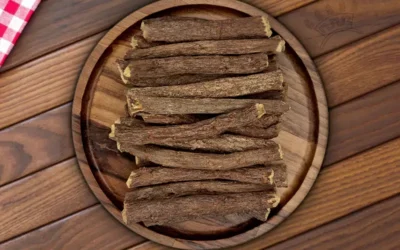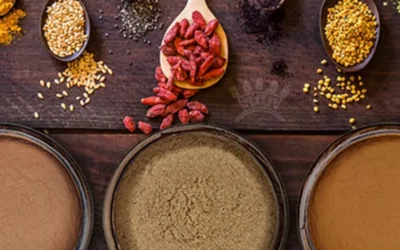Licorice in Skincare
Background
Licorice: A Versatile Perennial Plant
Licorice is a perennial plant primarily found in southern Europe, North Africa, and parts of Asia, including Iran. The name “licorice” is derived from a Greek word meaning “sweet root.” This plant grows naturally in the wild and has been used for centuries in both food and traditional medicine.
Medicinal and Cosmetic Uses
According to surveys conducted by Sepidan Osareh Jonoob Co., licorice is widely recognized for its therapeutic properties, which include treating:
- Digestive disorders: Such as stomach ulcers, acid reflux, and indigestion.
- Respiratory diseases: Including coughs, sore throats, and bronchitis.
- Oral health issues: Like toothaches and preventing cavities.
- Skin and hair problems: Including eczema, psoriasis, and promoting healthy hair growth.
Licorice is also rich in vitamins B and E, as well as minerals like potassium and magnesium. These nutrients enhance its application in skincare products, such as creams, sunscreens, brighteners, and anti-aging formulations, making it a key ingredient in the cosmetics industry.
Sepidan Osareh Jonoob Co.
Sepidan Osareh Jonoob Co. is one of the world’s leading producers and exporters of licorice products. Renowned globally for its excellence, the company attributes its success to several factors:
- Producing exceptionally high-quality products.
- Employing experienced and skilled staff.
- Utilizing advanced machinery and laboratory instruments.
- Adhering to international quality and management standards.
- Consistently innovating and expanding its product offerings.
Product Range
The company offers a diverse portfolio of licorice products to cater to global demand, including:
- Root Powder
- Extract Powder
- Extract Paste
- Granules, Nuggets, and Blocks
- DGL (Deglycyrrhizinated Licorice): Specially formulated for individuals with high blood pressure, diabetes, or peptic ulcers.
Sepidan Osareh Jonoob Co. takes pride in producing licorice products that meet the highest international standards, ensuring their use across industries ranging from pharmaceuticals to cosmetics and beyond.
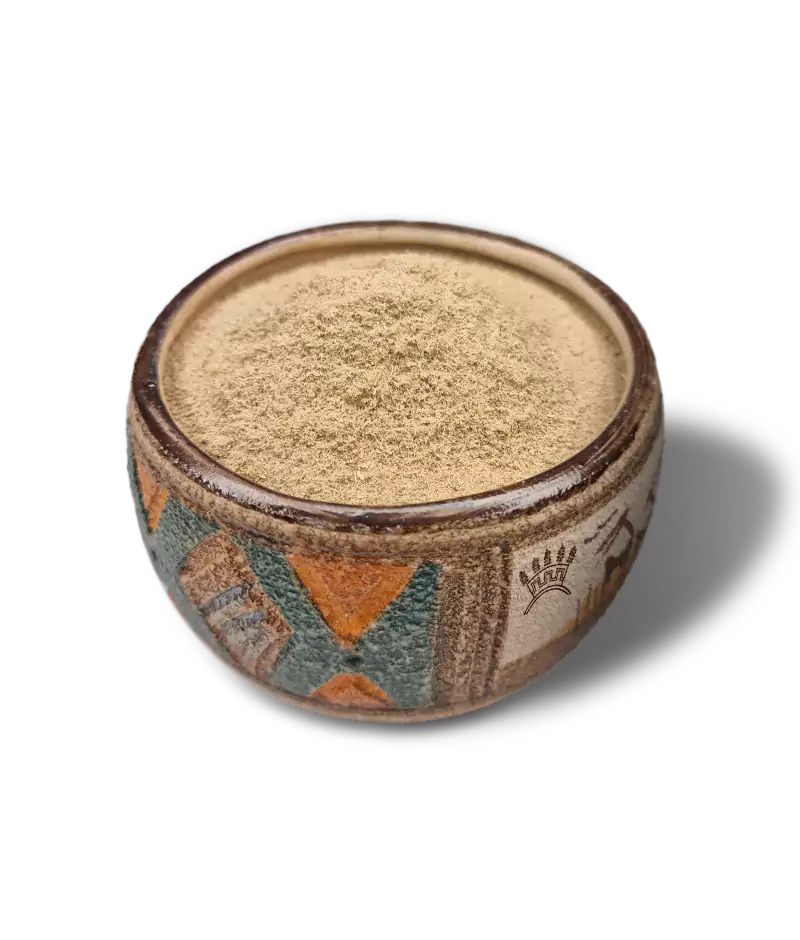
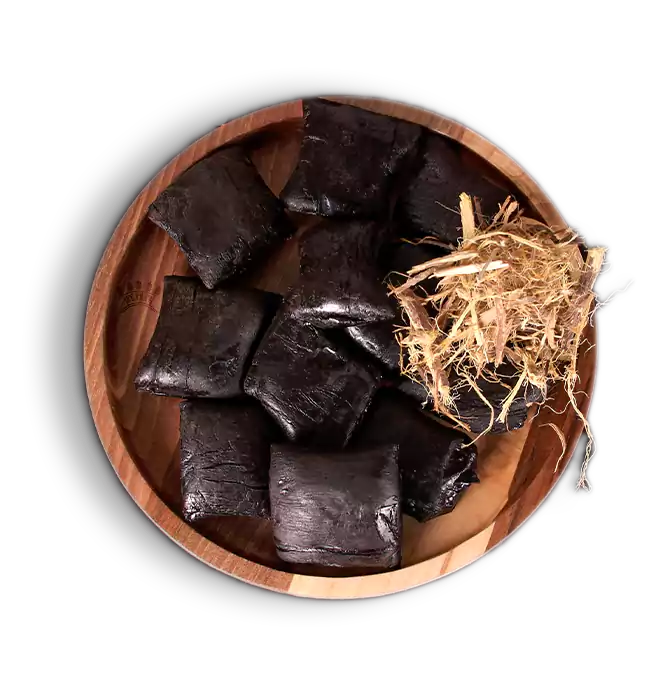
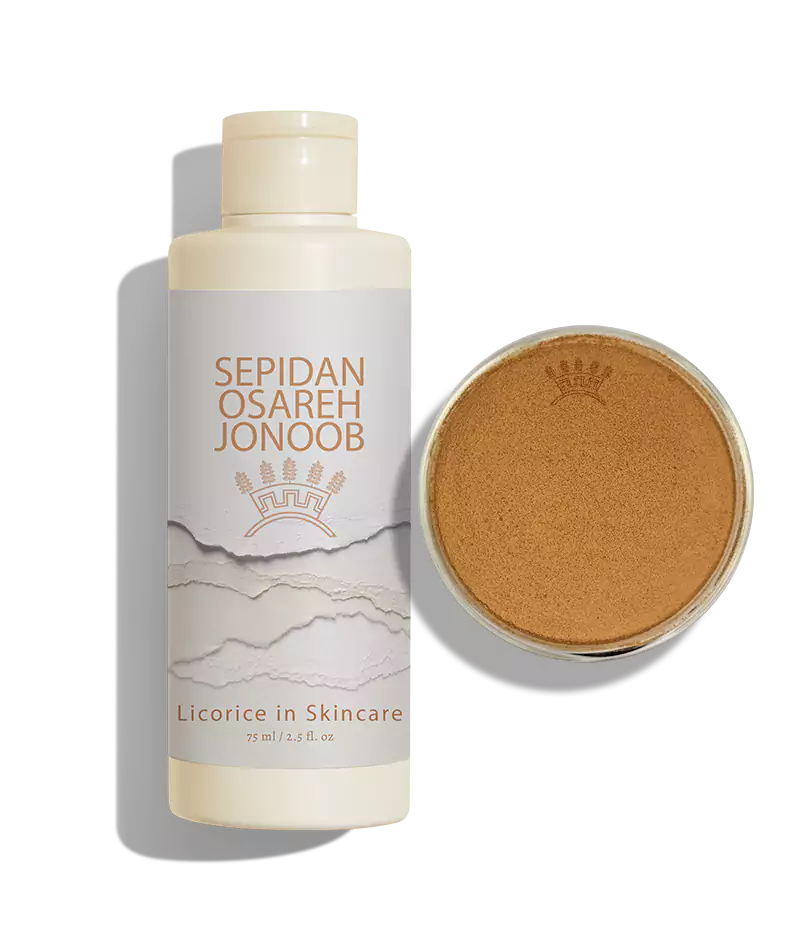
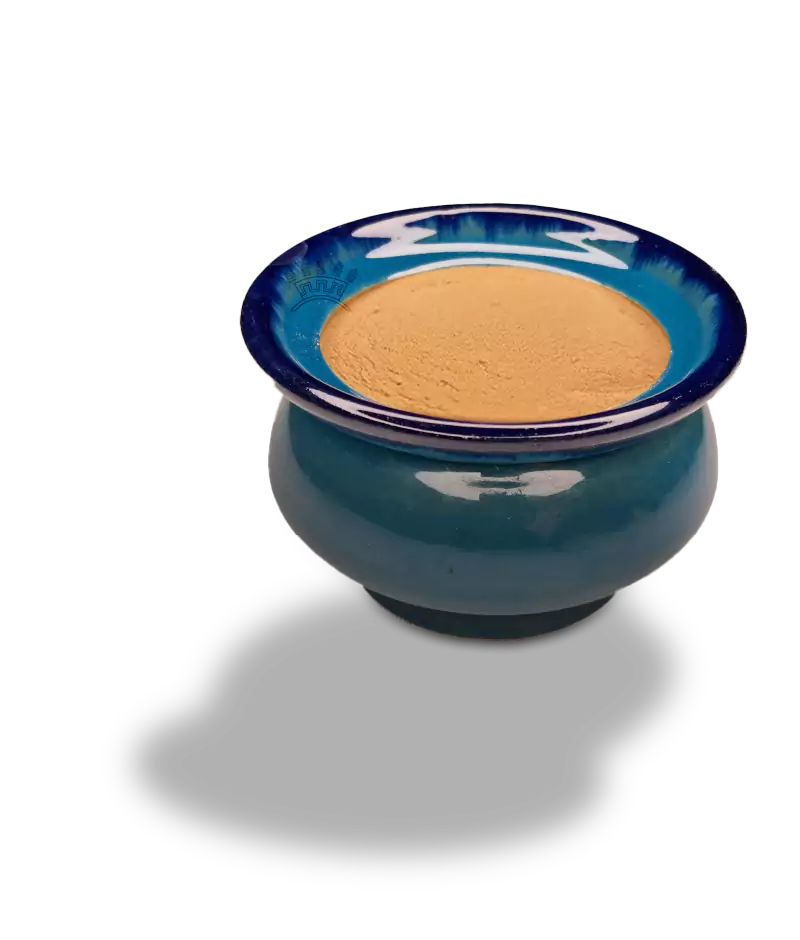
Using Licorice in Skincare Products
Licorice extract, derived from the root of Glycyrrhiza glabra, is a popular herbal remedy for addressing various skin issues. Studies have identified over 20 triterpenoids and 300 flavonoids in licorice, showcasing its rich composition and potential for skincare. Recent research highlights licorice extract’s antioxidant properties and its ability to promote skin radiance.
Key Benefits of Licorice Extract in Skincare
- Brightening and Lightening:
Licorice extract is highly effective in lightening brown spots and discoloration caused by sunburn, eczema, acne, and other factors. It acts as a natural brightener, helping to even skin tone.
- Active Ingredient – Glabridin:
Glabridin, a powerful flavonoid in licorice, is anti-inflammatory and regulates tyrosinase, an enzyme responsible for pigmentation. It works synergistically with ingredients like vitamin C, Retinol, and Arbutin to reduce hyperpigmentation and brown marks.
- Active Ingredient – Glabridin:
- Antioxidant Protection:
Licorice extract is rich in antioxidants that neutralize free radicals and combat oxidative stress, a major cause of skin aging. By preventing damage, it helps maintain smoother, healthier skin.
- Anti-Aging and Rejuvenation:
Licorice extract supports collagen regeneration, which is essential for keeping skin soft, smooth, and youthful. It prevents sagging, reduces under-eye wrinkles, and retains moisture, contributing to a hydrated and rejuvenated appearance.
- Sun Protection:
An active antioxidant, Licochalcone A, found in licorice root extract, strengthens the skin’s natural defense system against harmful UV rays. This process stimulates the production of more antioxidants, offering natural protection against sunlight-induced spots. Licorice extract can serve as a safer, plant-based alternative to chemical sunscreens.
Addressing Skin Spots and Discoloration
Skin spots can arise due to various reasons, such as acne scars, hormonal imbalances, or sun exposure. Hydroquinone is often used for discoloration, but licorice extract offers a similar function with fewer side effects, making it one of the safest skin lighteners. It is particularly effective in fading pregnancy-related spots on women’s faces over time.
Rising Demand for Natural Products
There has been a growing preference for natural and non-artificial skincare products due to their reduced side effects compared to synthetic alternatives. Herbs like licorice have been used for centuries to address skin and hair concerns, further emphasizing their safety and effectiveness.
Conclusion
Licorice extract is a multifaceted ingredient in skincare, offering solutions for brightening, anti-aging, and sun protection while addressing discoloration and other skin concerns. Its combination of powerful antioxidants, natural brighteners, and protective enzymes makes it a valuable alternative to artificial chemicals.
Other Uses of Licorice in Skincare Products
Herbs are naturally rich in vitamins, essential oils, amino acids, enzymes, and other beneficial compounds, making them valuable for cosmetic applications. Licorice, in particular, has several properties that make it highly effective in treating various skin concerns.
Eczema and Other Skin Conditions
Eczema is a common skin problem that causes swelling, redness, and itching. Licorice, with its antiviral, antibacterial, and anti-inflammatory properties, is highly effective in alleviating these symptoms. It helps reduce inflammation and promotes faster wound healing, making it beneficial for conditions like eczema and psoriasis. Licorice-infused topical gels are often used to treat skin conditions such as acne and eczema by keeping the skin clean and preventing infections.
Skin Brightening and Spot Fading
- Liquiritin: This active component in licorice extract helps remove excess melanin and disperse it across the skin, effectively fading dark spots and hyperpigmentation.
- Licochalcone A: Found in licorice, this compound regulates oil production, making it useful for treating dandruff and oily skin.
- Dermatologists recommend using licorice-based products in serum form for spot fading, as serums are more concentrated and effective.
Eye Care
The sensitive skin around the eyes is prone to dark circles and dryness. Licorice-infused serums are specifically designed to fade dark circles while hydrating and soothing the delicate skin around the eyes.
Moisturizers and Night Creams
Licorice extract is also found in creams and toners that cleanse and moisturize the skin. Night creams containing licorice reduce redness and sensitivity while nourishing the skin overnight, promoting a healthier complexion.
Post-Treatment Care
Licorice’s anti-inflammatory and antioxidant properties make it effective in managing swelling and hyperpigmentation caused by tattoos, laser treatments, or sunburn.
Research and Evidence
- A study involving participants with eczema showed significant improvement after using licorice-containing topical ointments for five weeks. This was attributed to the anti-inflammatory properties of flavonoids, Licochalcone A, and antioxidants in licorice.
- Licorice has been shown to address acne vulgaris (AV) by inhibiting inflammatory immune responses, controlling sebum production, and reducing bacterial colonization. Additionally, it helps prevent post-inflammatory hyperpigmentation (PIH) by reducing melanogenesis, making it a dual-action treatment for acne and discoloration.
Conclusion
Licorice is a versatile ingredient in skincare products due to its anti-inflammatory, antibacterial, and brightening properties. From reducing redness and swelling to fading spots and improving skin hydration, licorice plays a crucial role in addressing a wide range of skin concerns. Its natural composition and effectiveness make it a safer alternative to synthetic chemicals in cosmetic formulations.
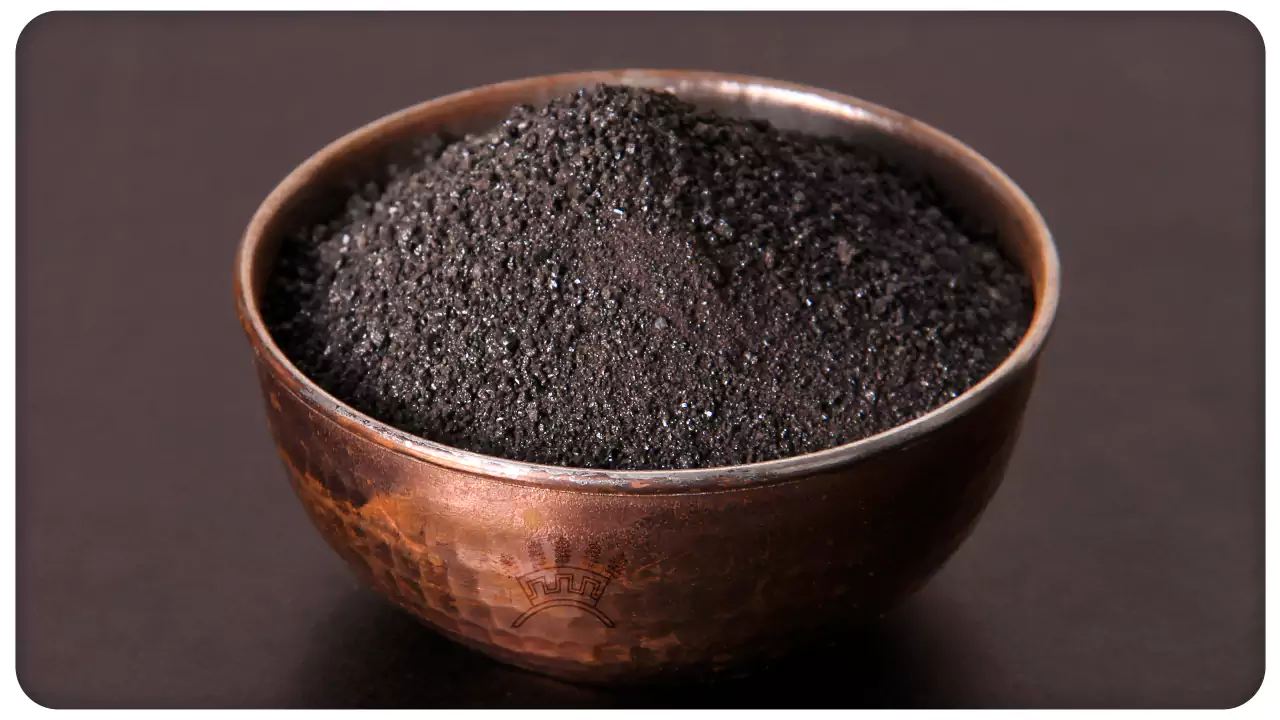
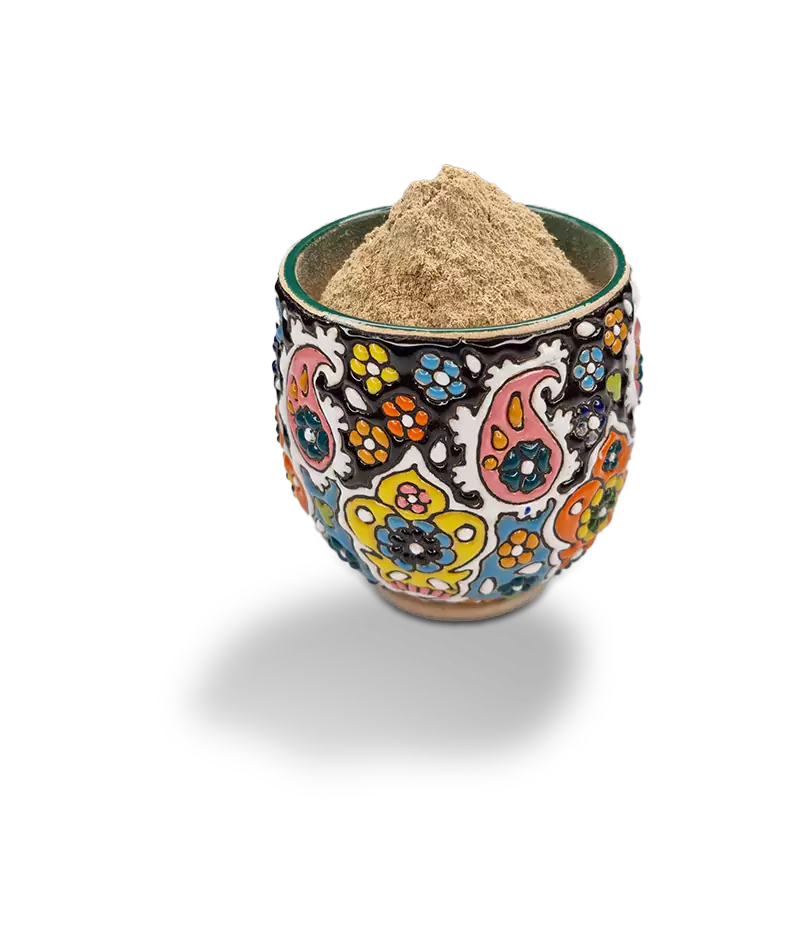
Provided by: Sepidan Osareh Jonoob Co.
Latest Licorice Articles and News
What Is Licorice?
What Is Licorice? Exploring Its History, Uses, and Benefits Licorice (Glycyrrhiza glabra) is a perennial herbal plant known for its naturally sweet flavor, which is up to 50 times sweeter than sugar. Widely used in traditional medicine, licorice has been a...
Types of Licorice Powder
Types of Licorice Powder Licorice powders come in three main types: Licorice Root Powder (used in teas and traditional medicines), Licorice Extract Powder (for cosmetics and pharmaceuticals), and DGL Powder (a safer option for treating digestive issues). These powders...
Uses of Licorice in Cooking
Uses of Licorice in Cooking Licorice has been used for centuries in both cooking and traditional medicine. Known as a natural sweetener and flavoring agent, licorice not only enhances the taste of dishes but also offers numerous health benefits. It serves as an...
